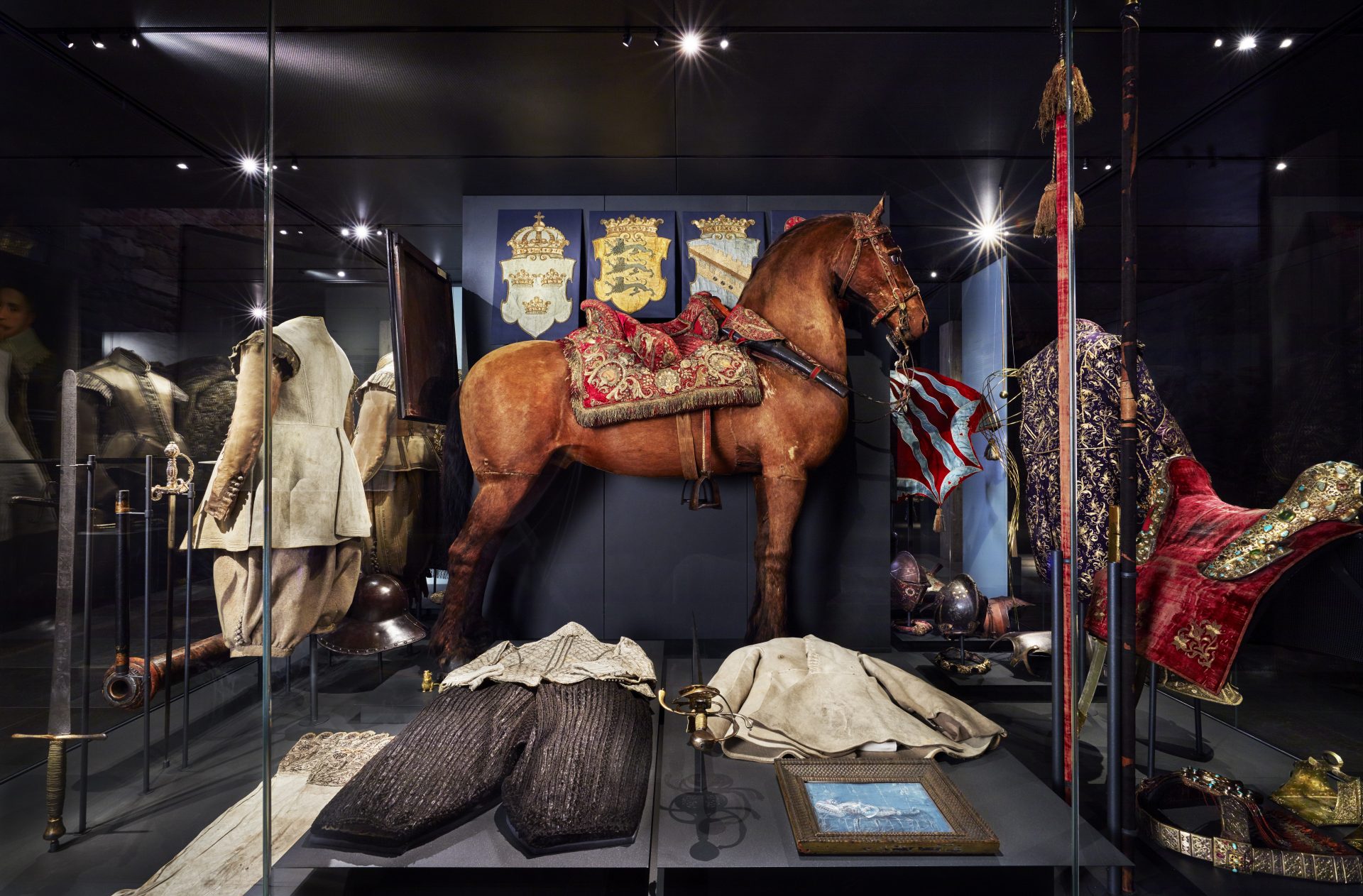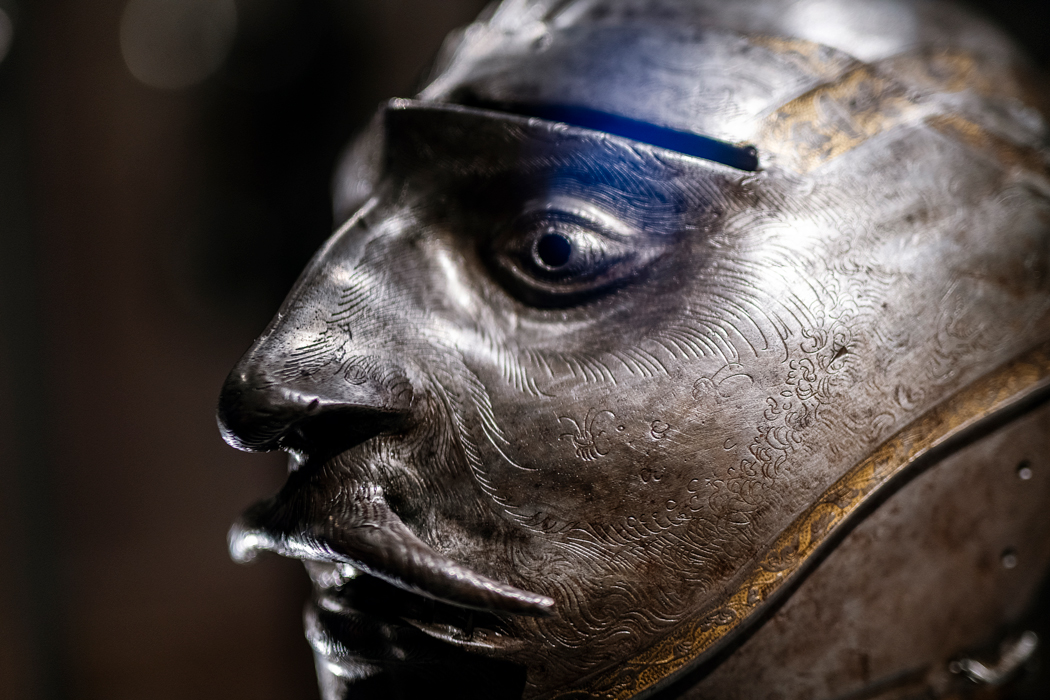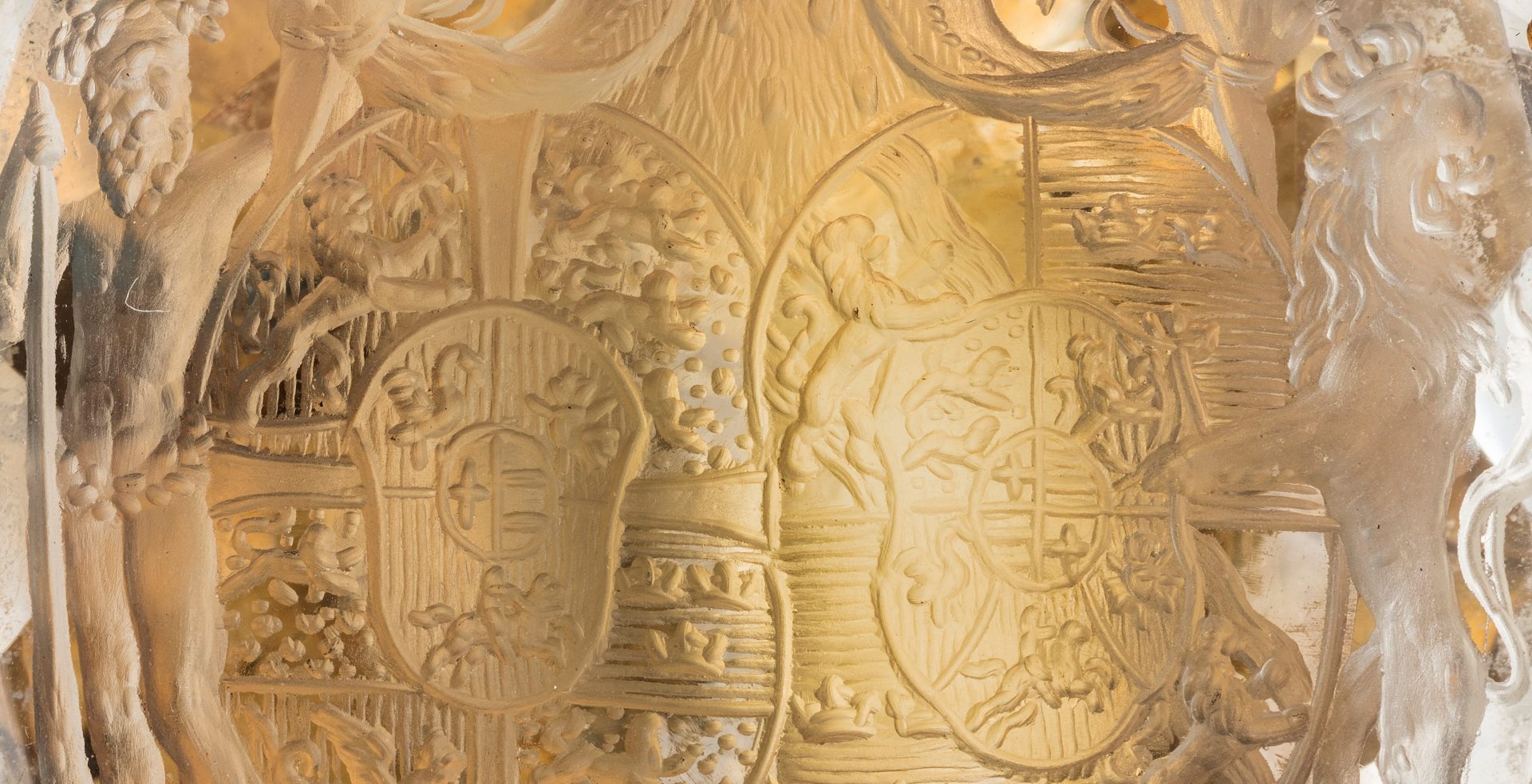A Quiet Room in St Gallen
A short story about the last days of the deposed King Gustav IV Adolf.
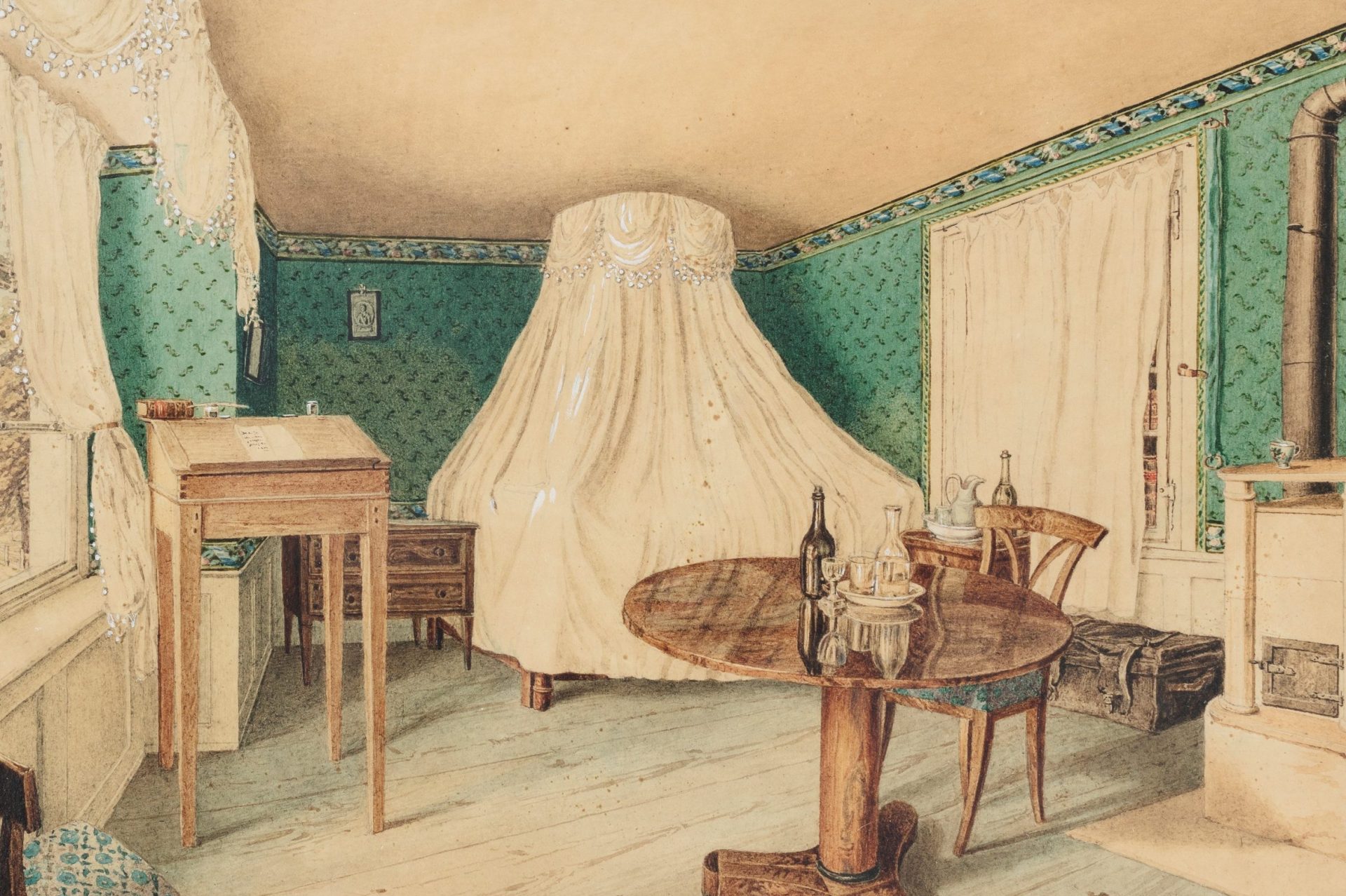
Schweiz 1836
“I had by chance lodged at an inn, by no means of the first order, called The White Horse. [---] I was about to pass the door to the common room, where I had forgotten something immaterial. Even on the stairs, the tunes from an old, slightly hoarse piano reached my ears. In slow minor chords, a pair of hands was wandering back and forth over said piano. While these melodies suggested neither genius nor virtuoso, the depth of melancholy they expressed caught my attention. I opened the door. The music stopped immediately. There was no one in the room but the person at the piano who, upon my entry, stood up with an awkward and shy expression. [---] His whole posture, his facial features, seemed familiar to me. It seemed to me just then that I, back home in Sweden, had previously seen, if not a person, then at least a portrait, an image that bore some resemblance to this figure.”
The Swedish journalist Nils Arfwidsson (1802–1880), who travelled through Europe in the 1830s, had not been mistaken. He had in fact encountered Sweden’s former King, Gustav IV Adolf.
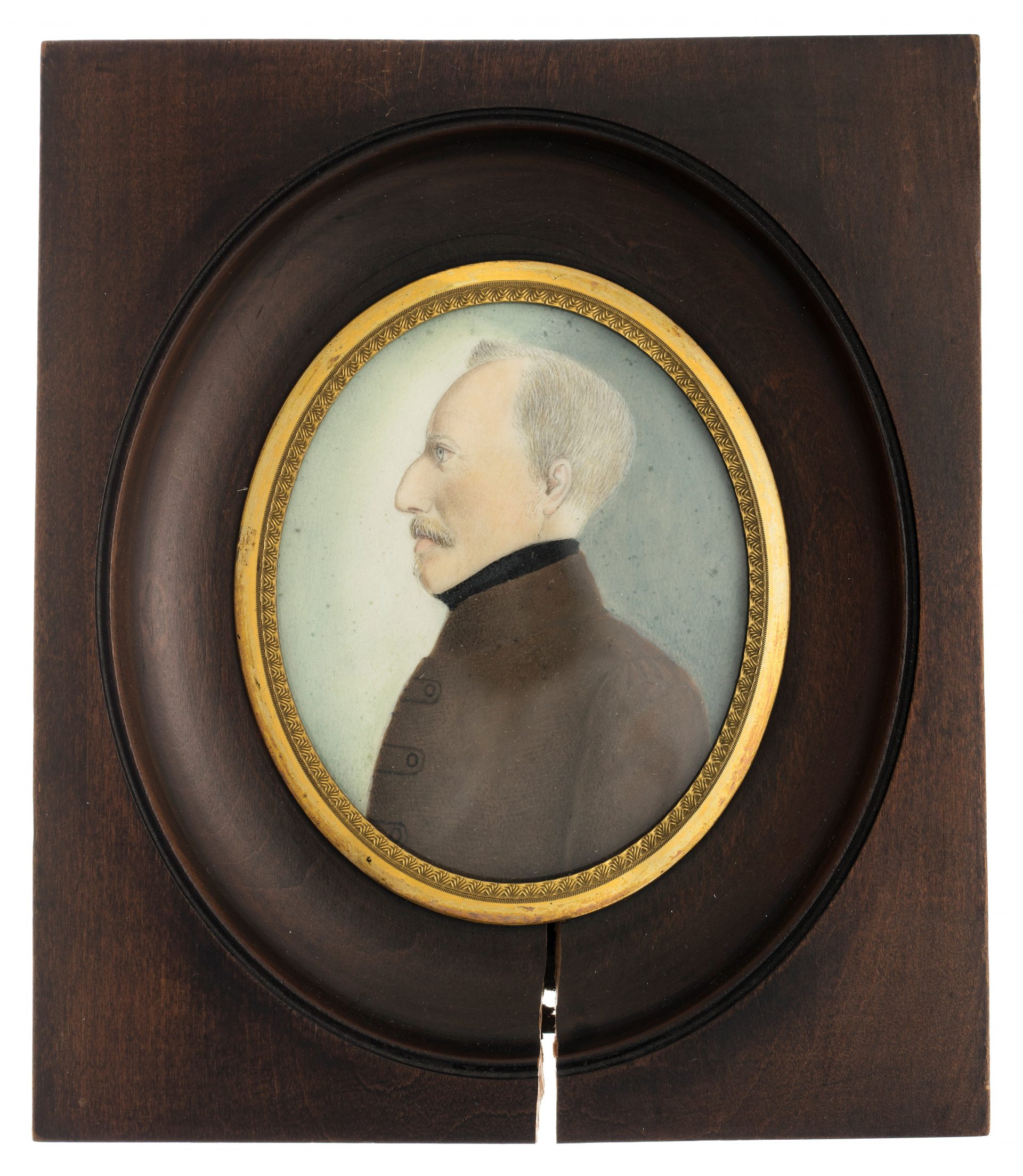
Disarmed and Deposed
King Gustav IV Adolf was forcibly deposed on Monday, 13 March 1809, when a group of officers entered his chamber and seized his sword. After some confusion, the King managed to escape through a side door with one of the conspirators’ swords. But he did not get far. He was captured in the courtyard by Master of the Hunt von Greiff. Gustav IV Adolf then reluctantly abdicated and was sent into exile. After several sorrowful and troubled years, he settled in Switzerland in 1833, under the name of Colonel Gustafsson.
When he entered the small rooms at the White Horse Inn in St. Gallen, Colonel Gustafsson said “Everything here reminds me of my rooms in Stockholm, even the wallpaper. I want to live in these rooms.” And so he did. When he died, four years later, there only were few things in his estate, including a wooden box containing an assortment of objects.
These odd things in the box give us a rare insight into a quiet existence. Objects collected by a man reflecting on the past. A man who was born in a palace and lived his final years in an inn “by no means of the first order”.
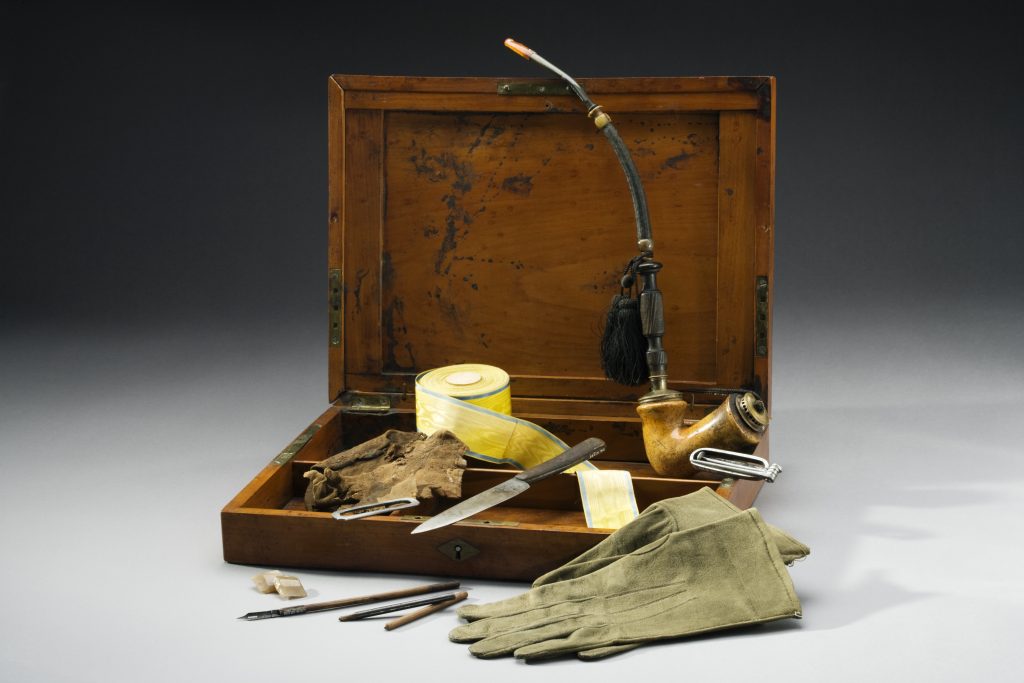
Nils Arfwidsson never said that he was Swedish or that he had recognised the former King. They spoke German together, and Arfwidsson pretended to be a Baltic merchant. When he left a few days later, Arfwidsson went in to Colonel Gustafsson’s rooms to say goodbye.
The King “complained that he had been ill during the night, excused himself and shook me warmly by the hand. I raised his hand to my lips. He stared at me in surprise. On my tongue hovered a word, a Swedish word, just one, but I suppressed it. What would it have served? A deeper bow than those to which he was now accustomed became my farewell, and the only thing by which I further revealed myself. Did he guess or suspect anything? I will most likely never know.”
